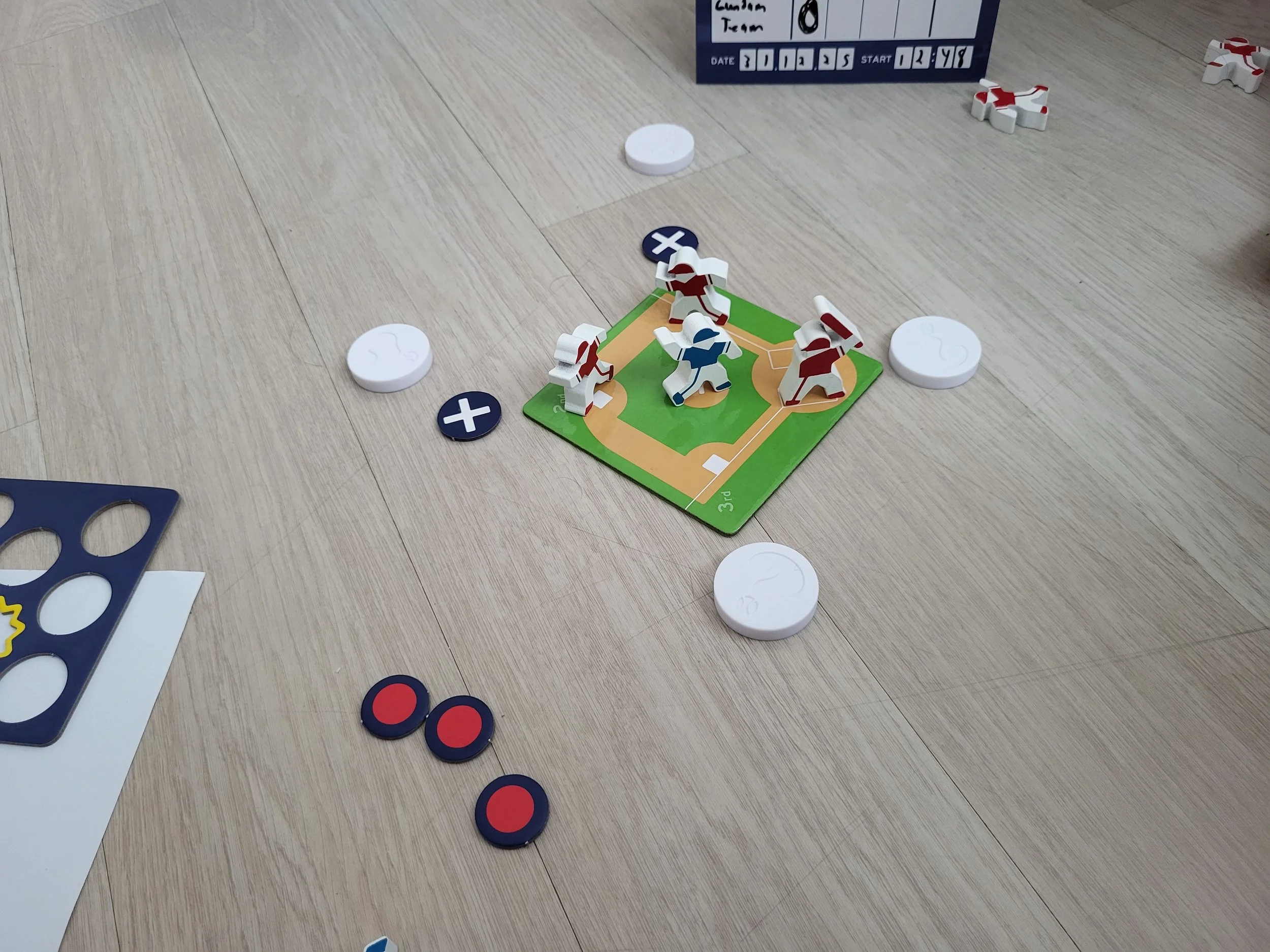Normally I start these posts with a rundown on my year in gaming and life, but not much happened in 2025 so there’s not much to report, especially compared to 2024 when I moved to a new continent and started a new project. I am still living in South Korea and enjoying it, so no news there. I started a new job in the spring, which ended up eating up quite a lot of my free time, especially in the autumn, so I didn’t learn nearly as many new wargames this year as I would have liked.
We Intend to Move on Your Works didn’t go into a total hiatus, but we also didn’t get very many episodes out this year, which I’m a little disappointed by. My project to play more Korean War games progressed by playing a longer campaign of OCS Korea, but I did not manage to try out Joe Balkoski’s classic Korean War game. Overall, it was a much better year for Eurogames, especially those published by Playte Games in Korea, than it was for wargames.




